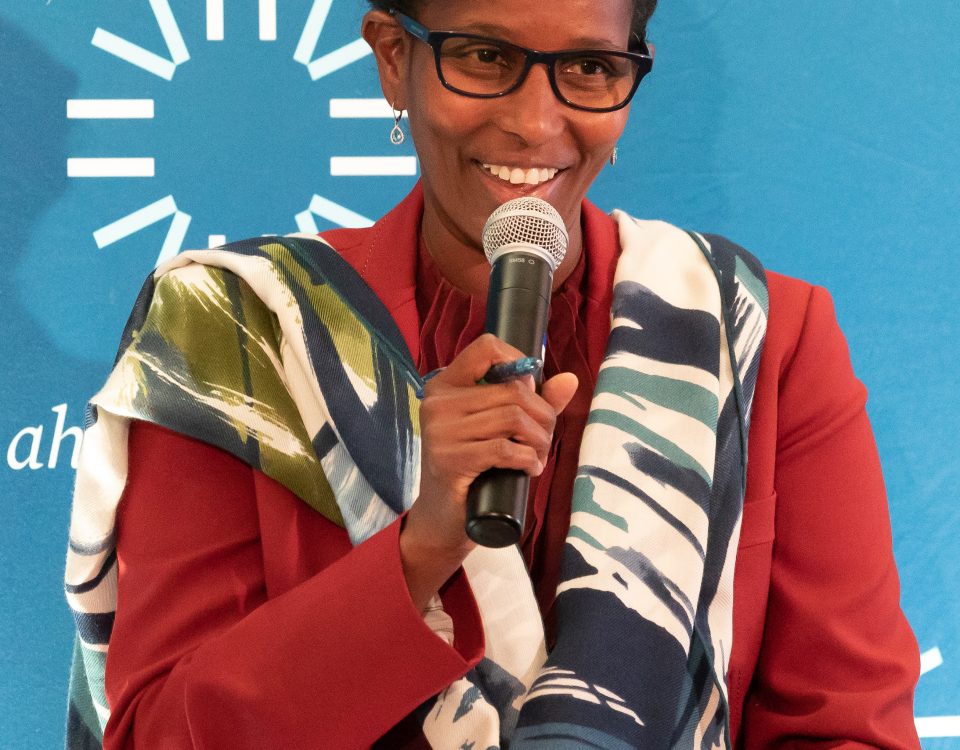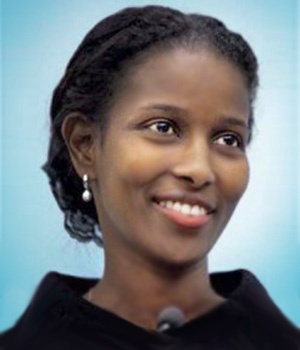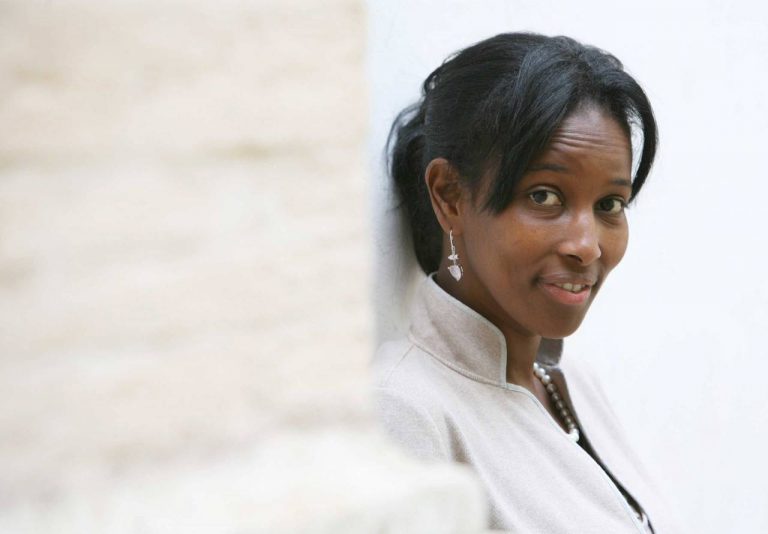

Some like, Bernard Lewisfor many years a doyen of Islamic studies in the West, argued that anti-Semitism was imported into Islam from Europe. Instead the struggle for Palestine, and the Islamic holy city of Jerusalem in particular, is widely seen as a broader Islamist struggle.Ī related discussion is whether Islamist ideas originated in the Islamic world or in the West. Support for the movements representing a Palestinian national liberation struggle seems to have fallen away too. But this seems to have been supplanted by Islamism from the 1990s onwards. For example, pan-Arabism was to the fore in much of the Middle East in the 1950s and 1960s. Roy’s insight certainly seems to have some merit. In other words, in his view, political radicalism has for some reason taken on an Islamist form in many cases. For example, Olivier Roy, one of the foremost French experts on Islamism, talks about the “Islamisation of radicalism” as opposed to the “radicalisation of Islam”. However, the relationship between Islamism and radicalism is not as straightforward as many assume. In that respect Fitzroy Morrissey’s A Short History of Islamic Thoughtlooks like a useful primer. To help disentangle the two it no doubt helps to have some knowledge of Islam itself. The common sense view in the West is that Islamism is simply a radical political form of the Muslim religion. One of the most difficult questions of all in this area is the relationship between Islamism (also referred to as Islamic fundamentalism, political Islam and radicalism) and Islam as a religion. So the expert take by one specialist will often be rubbished by another. It should also be noted that this is a highly contentious area. The references here are in no particular order. There will be a little overlap with references that have been mentioned earlier for the sake of completeness. The focus will be mainly, although not exclusively, on Islamism in relation to anti-Semitism. Here I want to give a brief sketch of areas that need further examination including notes on further reading. However, this is only skimming the surface of what is a large, complex and diffuse subject. So far it has included a book review of a book on Muslims in Britain and an account of an important webinar involving Muslims against Anti-Semitism. One of the main goals of this site is to counteract this one-sidedness. Discussions on Jew-hatred tend to be more comfortable talking about the far right and the far left. Liberals need to recognise that their ideology is tired, and that it is being supplanted by a new one, which gives its followers a moral purpose, a sense of solidarity, and the hope of achieving genuine social change.Islamism is one of the most important forms of contemporary anti-Semitism yet it receives relatively little attention.
AYAAN HIRSI ALI UNHERD FREE
The principal critics of this activism are the privileged elites who, while claiming to be defending free speech, can’t tolerate criticism of their own cherished views. Debate isn’t being closed down – the loud protests of those who decry ‘cancel culture’ show that free speech is very much alive and well. What we are witnessing is activism by and on behalf of marginalised groups who are seeking to redress the structural inequalities that have historically held them back. That is a complete misreading of the situation, argue those on the progressive Left. This cannot be a way to create a fairer world and bring everyone on board. And while cancel culture claims to be about achieving social justice, it actually uses the tactics of the oppressor, privileging one set of voices over another. Correct thinking on race and identity has become tantamount to a new religion, with adherents competing to be ever more ‘pure’, heretics being publicly shamed and few people brave enough to step out of line. An environment has been created, they contend, where anyone who expresses doubt or divergence from the progressive orthodoxy risks career-destroying attack. Earlier this month 150 writers, academics and activists signed an open letter lamenting ‘an intolerance of opposing views a vogue for public shaming and ostracism’, which in its turn provoked an angry backlash.Ĭlassic liberals say this ‘cancel culture’ poses a devastating attack on our liberties. Senior journalists and academics, as well as ordinary citizens, have lost their jobs amid storms of protest.

And it’s not just celebrities who have been targeted. All have been ‘cancelled’ – denounced on social media for doing or saying something considered wrong or offensive, often on matters to do with race or gender.

JK Rowling, Scarlett Johansson, Jodie Comer, Kanye West. This event has now finished and is available to watch on demand.


 0 kommentar(er)
0 kommentar(er)
